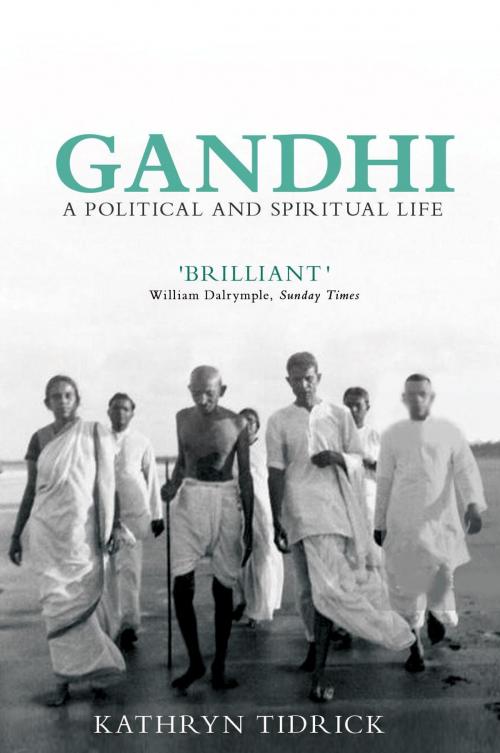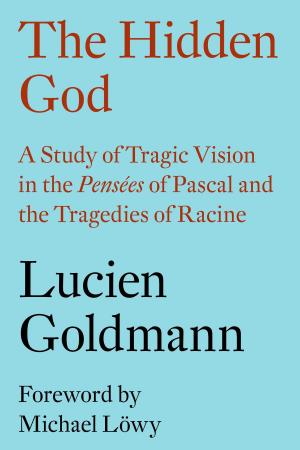| Author: | Kathryn Tidrick | ISBN: | 9781781682395 |
| Publisher: | Verso Books | Publication: | July 2, 2013 |
| Imprint: | Verso | Language: | English |
| Author: | Kathryn Tidrick |
| ISBN: | 9781781682395 |
| Publisher: | Verso Books |
| Publication: | July 2, 2013 |
| Imprint: | Verso |
| Language: | English |
Throughout his long and turbulent career as a political leader, first in South Africa and then in India, Gandhi sought to fulfil his religious aspirations through politics and to reconcile politics with personal religious conviction. But Gandhi’s religion was wildly divergent from anything to have taken root in his native India. Foremost among his private tenets was the belief that he was a world saviour, long prophesied and potentially divine.
Penetrating and provocative, Kathryn Tidrick’s book draws on neglected material to explore the paradoxes within Gandhi’s life and personality. She reveals a man whose spiritual ideas originated not in India, but in the drawing rooms of late-Victorian England, and which included some very eccentric and damaging notions about sex. The resulting portrait is complex, convincing and, to anyone interested in the legacy of colonialism, more enlightening than any previously published.
The Gandhi revealed here is not the secular saint of popular renown, but a difficult and self-obsessed man driven by a messianic sense of personal destiny.
Throughout his long and turbulent career as a political leader, first in South Africa and then in India, Gandhi sought to fulfil his religious aspirations through politics and to reconcile politics with personal religious conviction. But Gandhi’s religion was wildly divergent from anything to have taken root in his native India. Foremost among his private tenets was the belief that he was a world saviour, long prophesied and potentially divine.
Penetrating and provocative, Kathryn Tidrick’s book draws on neglected material to explore the paradoxes within Gandhi’s life and personality. She reveals a man whose spiritual ideas originated not in India, but in the drawing rooms of late-Victorian England, and which included some very eccentric and damaging notions about sex. The resulting portrait is complex, convincing and, to anyone interested in the legacy of colonialism, more enlightening than any previously published.
The Gandhi revealed here is not the secular saint of popular renown, but a difficult and self-obsessed man driven by a messianic sense of personal destiny.















